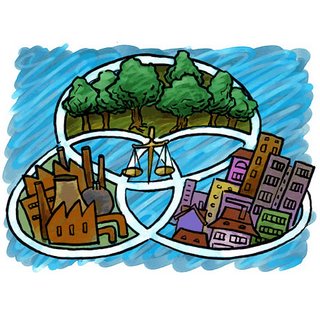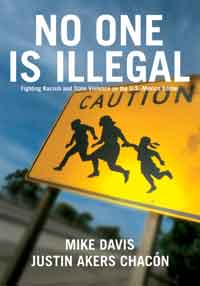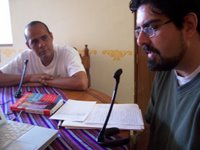Entering the Mind of a Terrorist

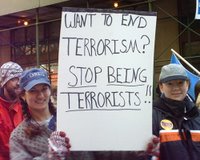
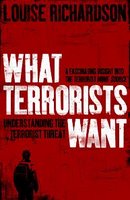
Two new books attempt to understand the causes of modern terrorism by investigating the motives of terrorists. My interview with Dr. Andrew Valls, in which he suggests that certain forms of terrorism may be morally justified under very specific circumstances, has been one of the more controversial podcasts to date. The problem with studying terrorism seems to be trying to define what it is. Dr. Valls's effort is to try to find a definition of terrorism that is value-free, that is, does not begin with concepts that immediatly label it as morally offensive. For instance, if you say "terrorism is a form of murder" then it is clear that terrorism is not a good practice.
The book by Robert Pape argues something rather shocking: suicide bombing as a form of terrorism is on the rise and it is almost always carried out against formally democratic governments. Might this suggest that modern democracies are not always capable of representing the diverse interests in societies? What are the forces that are compelling people to kill themselves by attacking democratic government. Pape maintains that it is not necessarily religious fundamentalism.
Louise Richardson's book tries to provide a theory for understanding the terrorst mindset. But I can already see a conflict with Dr. Valls's view. She defines terrorism as a practice deployed by "sub state actors" against civilian targets. For Valls, this already prejudices the definition of terrorism. He seeks to understand terrorism under the context of the just war tradition that holds attacking non-combatants is morally unjustified.
Recent world events also seem to complicate this view by Richardson. Israel and the group Hezbollah, listed the the U.S. State Department as a terrorist organization, recently entered into a tenative cease fire after 34 days of intense fighting. Here is an example of war between a nation-state and a non-state actor occupying parts of a neighboring nation-state. Both Israel and Hezbollah attacked both military and non-combatant targets. Does her theory help us to understand why Hezbollah fights and does what it does? Does Valls's? What are we to make of the very controversial notion of state terrorism in all this? A lot more conceptual and philosophical work needs to be done here.
